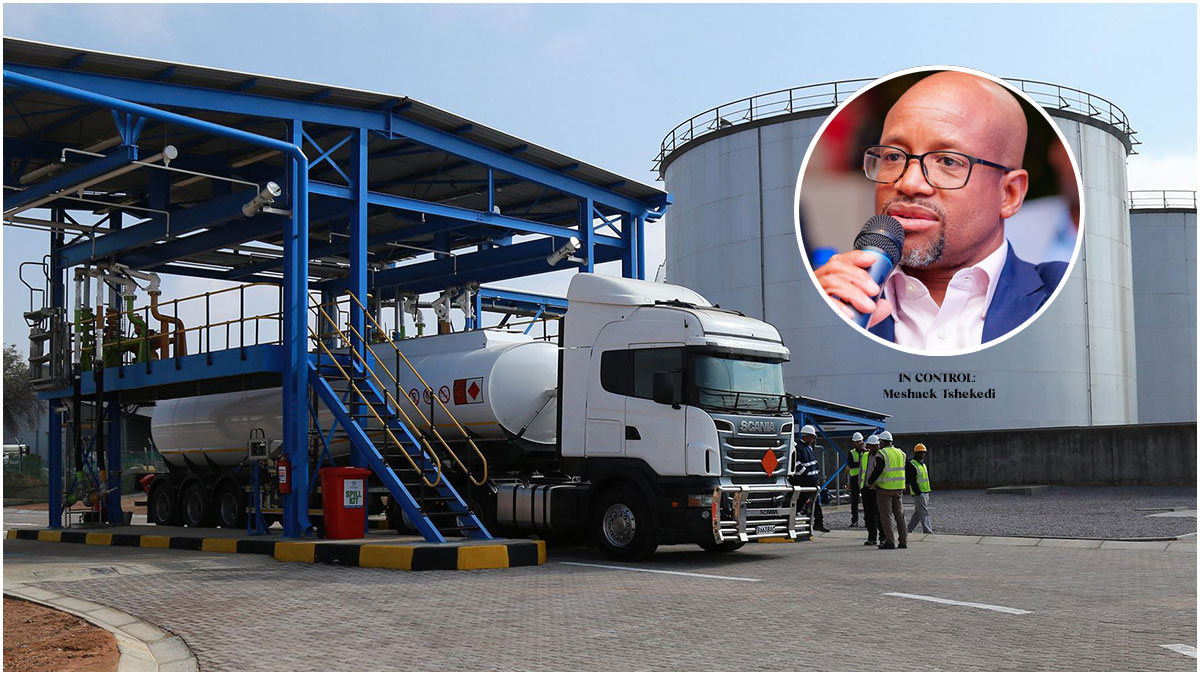Amid the current struggle to find unleaded petrol 93 locally, Botswana Oil Limited (BOL) has assured motorists there is no need to panic, with plenty of ‘95’ petrol to cover for its missing cousin.
In fact, speaking to Voice Money this week, BOL Chief Executive Officer, Meshack Tshekedi revealed they eventually intend to get rid of unleaded 93 altogether.
“We can’t be seen to be confusing our customers; the plan is to slowly discontinue the use of petrol 93 locally,” confirmed the CEO.
“We have engaged our principals about it and consultations are ongoing to work towards discontinuation of it. It’s just that the non availability of the product caught up with us at the time in which we were contemplating starting these talks,” explained Tshekedi.
The present shortfall is down to the shutdown of the Natref refinery in South Africa, which is the sole supplier of petrol 93.
The refinery underwent planned maintenance work in May, which was initially expected to be completed by the end of June.
However, the oil company has not yet returned to full capacity since, leaving Botswana without 93 unleaded.
As the country’s sole procurer of fuel, the state-owned BOL were forced to look elsewhere.
Ultimately, it was a search that did not last long; neither Mozambique nor Namibia, which BOL announced as alternative routes for fuel procurement earlier this year, use petrol 93.
The last option was to look to India and the Middle East, which is originally sourced as petrol 91, before it’s upgraded to 93 by combining it with other chemicals.
Fraught with risk, it was a venture into the unknown that BOL were not willing to take.
Calling for calm, Tshekedi reassured the public there was nothing to worry about.
“We have petrol 95 to cover for all the requirements of fuel supply and it is good for all cars. It is not good for people to be promoting petrol 93 in such a way as if petrol 95 is not good enough. There is no any other place where we can get 93, any other available option is where petrol 93 is a blended product and we are not guaranteed of its safety,” stressed Tshekedi, noting Botswana has faced such shortages before.
“This problem is not new. Post the Covid-19 pandemic, two other refineries which were dealing in petrol 93 closed down and we were only left with one. It’s not like we have never had any shortage of the product in the past, it’s just that by that time it was not us responsible for procurement of fuel so there was now how this could have been visible since international oil companies were responsible for their own procurement,” he continued, emphasizing the fact that currently, in Southern Africa, only Botswana and South Africa still use petrol 93.
“Even if the refinery gets back to operation, we don’t know how much of ULP 93 they will supply us with after this. We don’t know if they will continue producing it optimally after retiring the plant. For now, we are offering our customers 95 at the price of ULP 93; of course it’s not sustainable and we don’t know if they are extending that benefit to their clients,” concluded Tshekedi.







